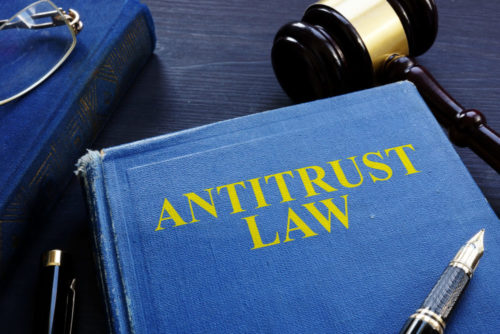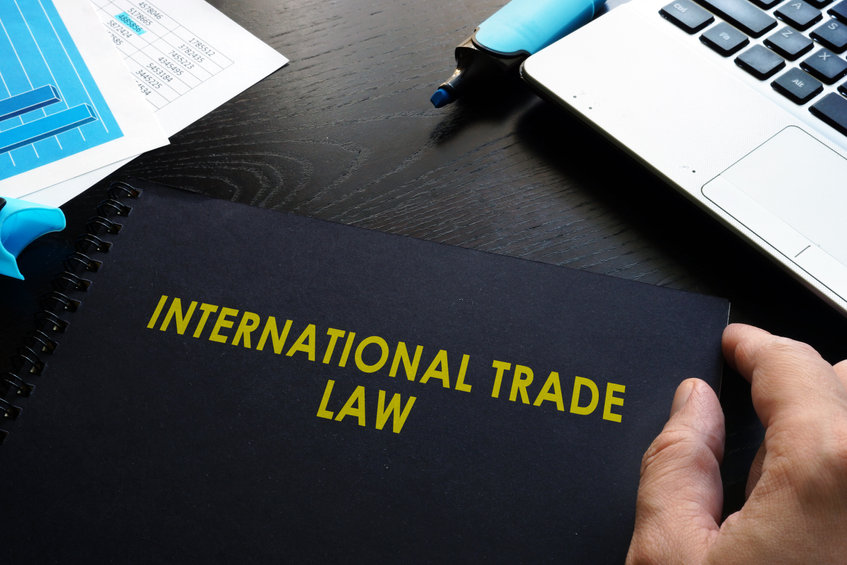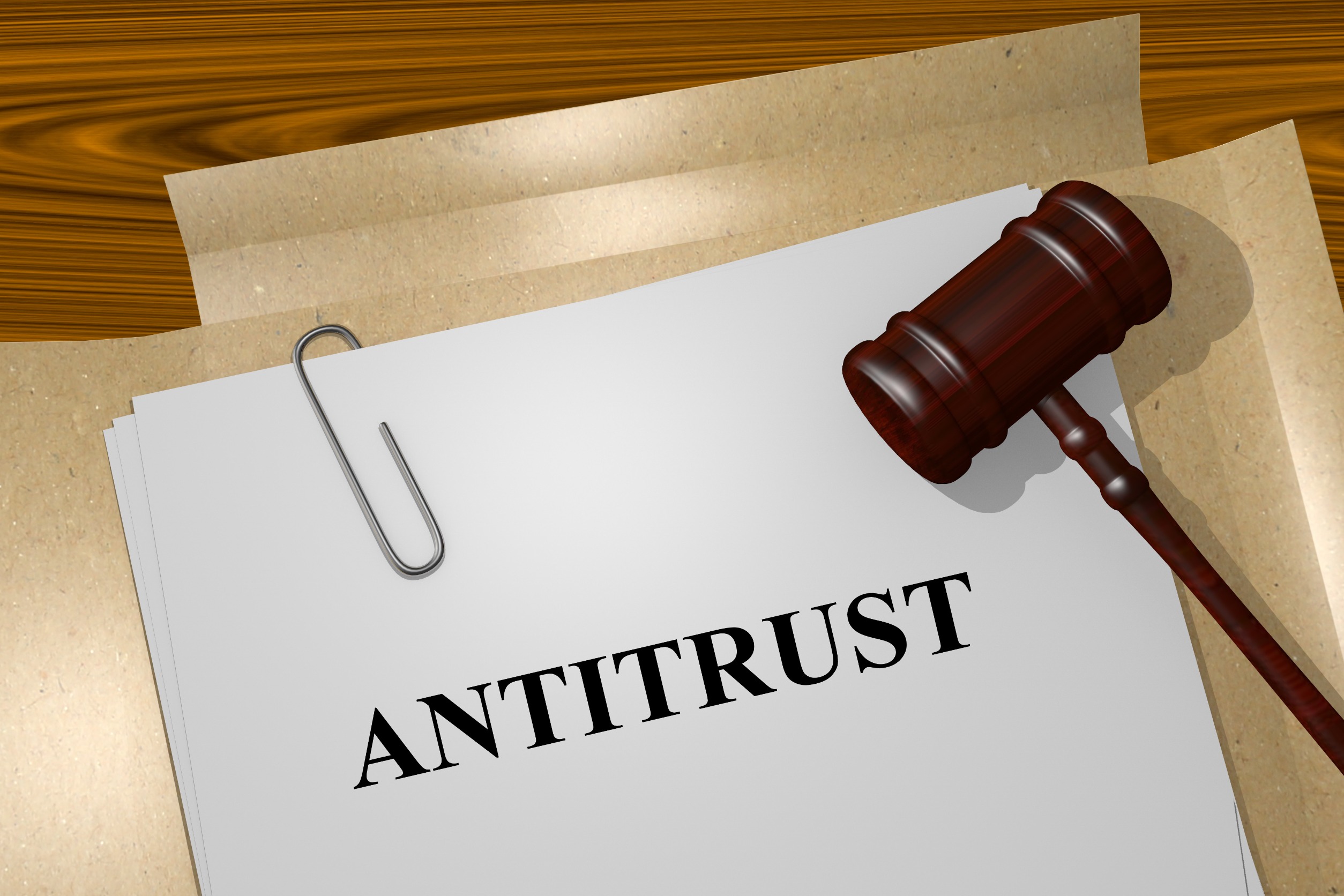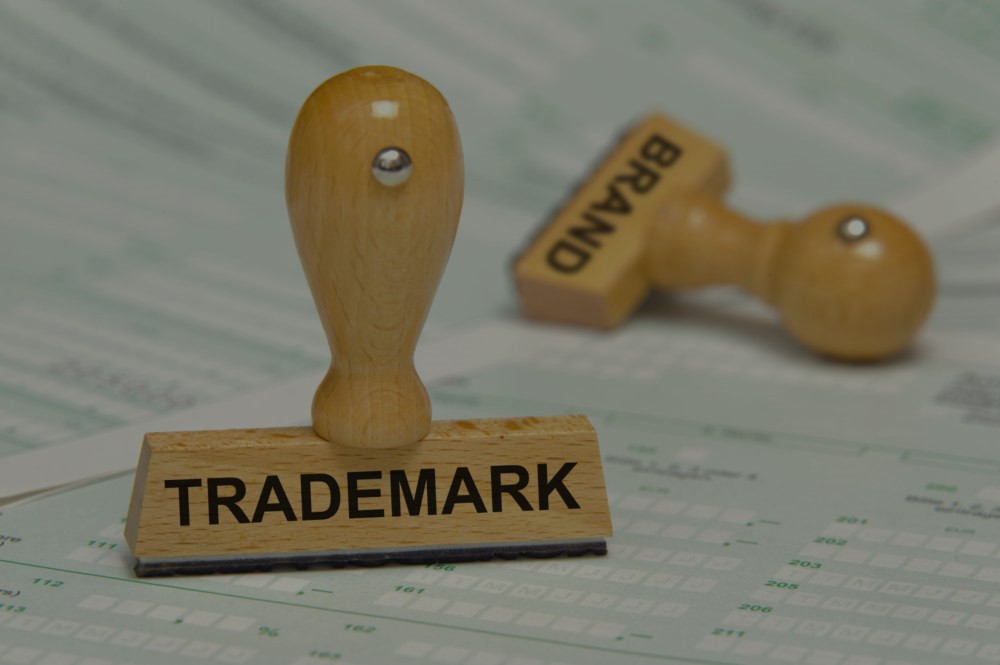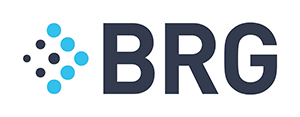Broadcast Date: Tuesday, June 16, 2020
from 3:00 pm to 4:30 pm (ET)
Overview:
The Coronavirus Disease 2019 (COVID-19) pandemic has significantly distressed the global market today. Companies suffer from interrupted supply chains and income losses as a result of paralyzed business operations. Practitioners think that this consequential business disruption may lead companies to collaborate with competitors in the hopes of keeping them afloat amidst the troubled economy. However, this move can also potentially violate the competition law.
The Department of Justice (DOJ) Antitrust Division and the Federal Trade Commission (FTC) recently released guidance on certain types of coordinated activities permissible by antitrust laws and warned businesses about price-fixing arrangements, market allocations, and other unlawful collaborations. The antitrust agencies have stressed that antitrust enforcement remains a priority. States are also closely monitoring companies’ pricing activities with particular focus on price gouging which involves illegally increasing prices beyond competitive levels during an emergency. Thus, businesses need to be abreast of any emerging regulatory development and must ensure efficient, flexible, and compliant business practices to be able to quickly adapt to regulatory changes and avoid legal liability.
Join antitrust experts Jeffrey Klenk (Berkeley Research Group, LLC) and Allison Smith (Wilson Sonsini Goodrich & Rosati) as they provide an in-depth discussion of the evolving landscape of antitrust law amidst the COVID-19 pandemic. Speakers will also present significant issues and challenges faced by businesses and offer best compliance practices to avoid pitfalls in this changing regulatory climate.
This LIVE Webcast will discuss the following:
- Antitrust Developments Amidst Covid-19 Pandemic
- Covid-19 Implications on Competition Law
- Recent Enforcement Actions
- Critical Issues and Compliance Challenges
- Best Compliance Practices
- What Lies Ahead
Credit:
Course Level:
Intermediate
Advance Preparation:
Print and review course materials
Method of Presentation:
On-demand Webcast (CLE)
Prerequisite:
General knowledge of antitrust laws
Course Code:
149131
NY Category of CLE Credit:
Areas of Professional Practice
Total Credits:
1.5 CLE
How to Claim CLE Credits Per State:
https://knowledgewebcasts.com/how-to-claim-cle-credits-per-state/
CLE State Requirements:
https://knowledgewebcasts.com/cle-state-requirements/
CPE State Requirements:
Speaker Panel:
Jeffrey Klenk, Director
Berkeley Research Group, LLC
Jeffrey Klenk is an economist who focuses his practice on the analysis of alleged anticompetitive conduct, as well as on the analysis economic damages more generally. Examples of the conduct studied by Mr. Klenk include conditional pricing (such as loyalty rebates), resale price maintenance, and tying and bundling arrangements. Much of Mr. Klenk’s work has been specifically undertaken in the context of class certification. Mr. Klenk has published a number of articles related to antitrust, both in peer-reviewed journals and in industry trade press, and frequently speaks on these issues as well. Mr. Klenk also teaches economics, at both the undergraduate and graduate levels, including micro and macroeconomics and econometrics.
Allison Smith, Associate
Wilson Sonsini Goodrich & Rosati
Allison B. Smith represents clients in a range of antitrust and competition matters, with a focus on litigation. Allison has worked on global cartel investigations, class actions, merger litigation, monopolization cases, and pharmaceutical antitrust lawsuits. She has represented clients in a range of industries including semiconductors, computer hardware, consumer devices, media, and medical devices. Prior to law school, she worked in economic consulting, an experience she draws on when working with economic experts on complex antitrust matters.
Agenda:
SEGMENT 1:
Jeffrey Klenk, Director
Berkeley Research Group, LLC
- Price Gouging
- Prices are determined by supply & demand
- For many products, demand has increased significantly and supply has decreased significantly; this suggests prices must rise by some amount
- Fine line between raising prices to account for changing industry conditions and to bring supply & demand into equilibrium versus profit-seeking behavior
- Intent matters; also need to document bona fide economic reasons underlying any price increases
- Not offering discounts is an easy way to effect a price increase
- Price Fixing
- Historically, many price-fixing conspiracies used shocks to supply chains as a pretext for implementing coordinated price increases
- Risks of price-fixing may also be enhanced by some suppliers dropping out of the marketplace, thus leaving greater concentration among remaining suppliers
- Price-fixing is per se illegal; no justification for coordinating with competitors on prices or other competitively-sensitive information; conspirators can face jail time for their conduct
- What might constitute coordinated behavior with a competitor
- Mergers & Acquisitions
- Likely going to be a coming wave of industry consolidation
- Two failing firms might combine as a way to save costs
- Other potential acquisition targets include firms that have low stock valuations relative to their fundamental or firms that have good medium-term prospects but a near-term need for cash
- Cash-rich firms (e.g., tech) might consider acquisitions they otherwise would not have
- Antitrust implications to keep in mind when considering a merger
SEGMENT 2:
Allison Smith, Associate
Wilson Sonsini Goodrich & Rosati
- The DOJ and FTC issued a joint statement on expedited review for business review letters/advisory opinions for firms proposing collaborative relationships to respond to covid-19 related health and safety concerns. But they intend to be vigilant for firms taking unlawful advantage of the crisis.
- Suppliers should be cautious in working with competitors to address supply chain disruptions and efforts to continue to serve customers.
- Purchasers should also analyze new joint purchasing arrangements for potential Section 1 issues.
- Competitors engaging in permissible collaborative arrangements must end the collaborations when the crisis has passed.
Date & Time:
Tuesday, June 16, 2020
3:00 pm to 4:30 pm (ET)
Who Should Attend:
- Antitrust Lawyers
- Legal and Regulatory Teams
- Risk Managers
- Compliance Officers
- Senior Executives
- In-House and Outside Counsel
Join Over 160,000 Professionals Empowering Their Careers
Learn anywhere from over 3000+ live and recorded CLE, CPE & Technology Webcasts.


